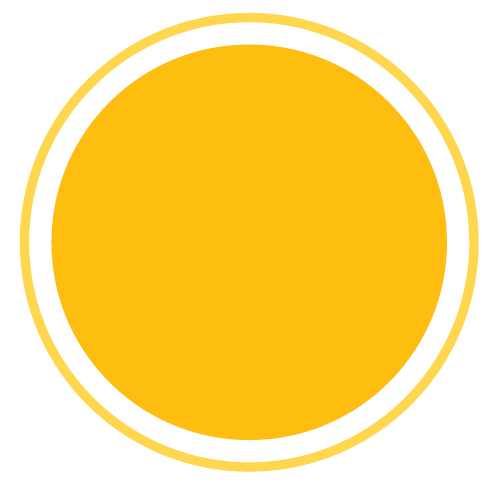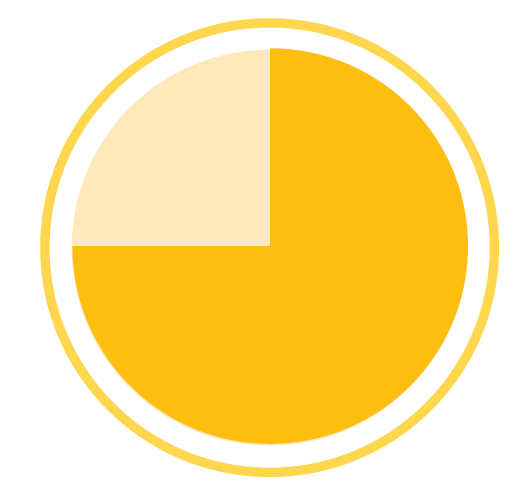Objective O13
By 2020, evaluate life cycle cost and require sustainability disclosure from suppliers for all purchasing decisions over $100,000
Progress: Completed

Description: In 2020 and in early 2021, Waterloo launched a disclosure regime for succesful respondents to all Request for Proposals to improve supply chain transparency and enable further action in understanding the sustainability of campus vendors.
In addition, the University developed and published a new lifecylce costing guideline for energy consuming purchases, in order to more strategically integrate long-term cost management in purchasing decisions.
Indicators


Actions and accomplishments
Objective O14
By 2018, establish baseline data and targets to improve the percent of campus-wide purchases that meet third-party standards for paper, electronic equipment, and cleaning supplies
Progress: Mostly
complete

Description: Baselines are established for the three defined purchasing categories. Waterloo aims for 92% of all cleaning and janitorial supplies to bear an environmental certification by 2025.
No targets have been set yet for paper purchases or electronics.
There were significant performance swings in 2020 given changes to campus operations from the pandemic. It is expected that the paper and janitorial products decreases are temporary. The increase in sustainable electronics purchasing was largeley from better data collection.
An accessible version of this data can be downloaded here: Sustainable Purchasing Data 2023 (Excel)
Indicators
Actions and accomplishments
2023
- Green IT committee launched a project in early 2023 to develop a guideline that would support integration of sustainability requirements into major IT purchasing decisions
2021
- Information Services and Technology (IST) and the Sustainability Office completed a joint project to better integrate sustainability considerations in IT procurement and operational decisions, leading to the standardization of EPEAT certification for the Desktop Rollover and mobile phone programs
- Green IT group re-launched
Related links
Explore more of Waterloo's progress: